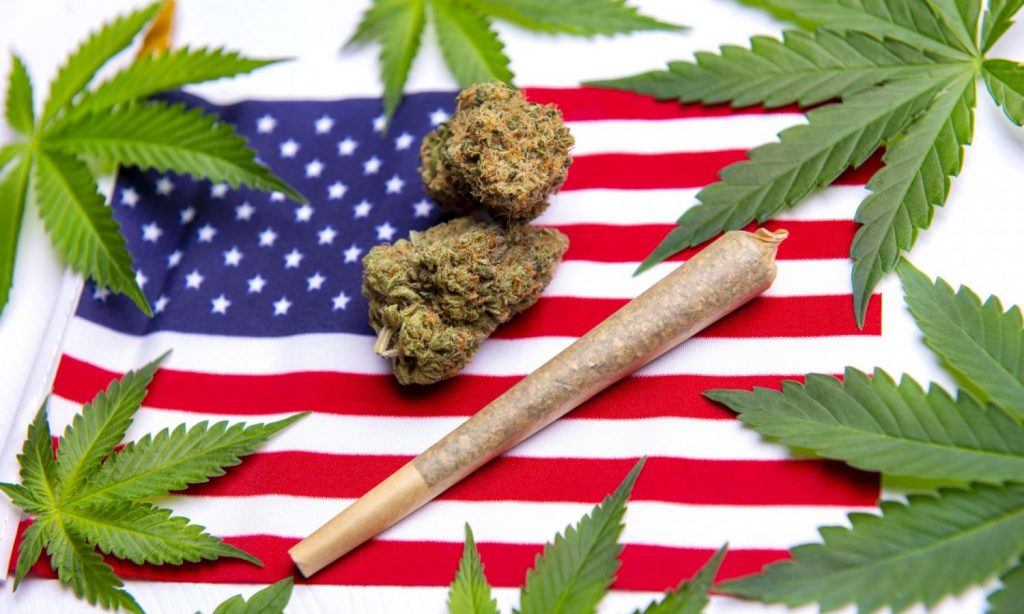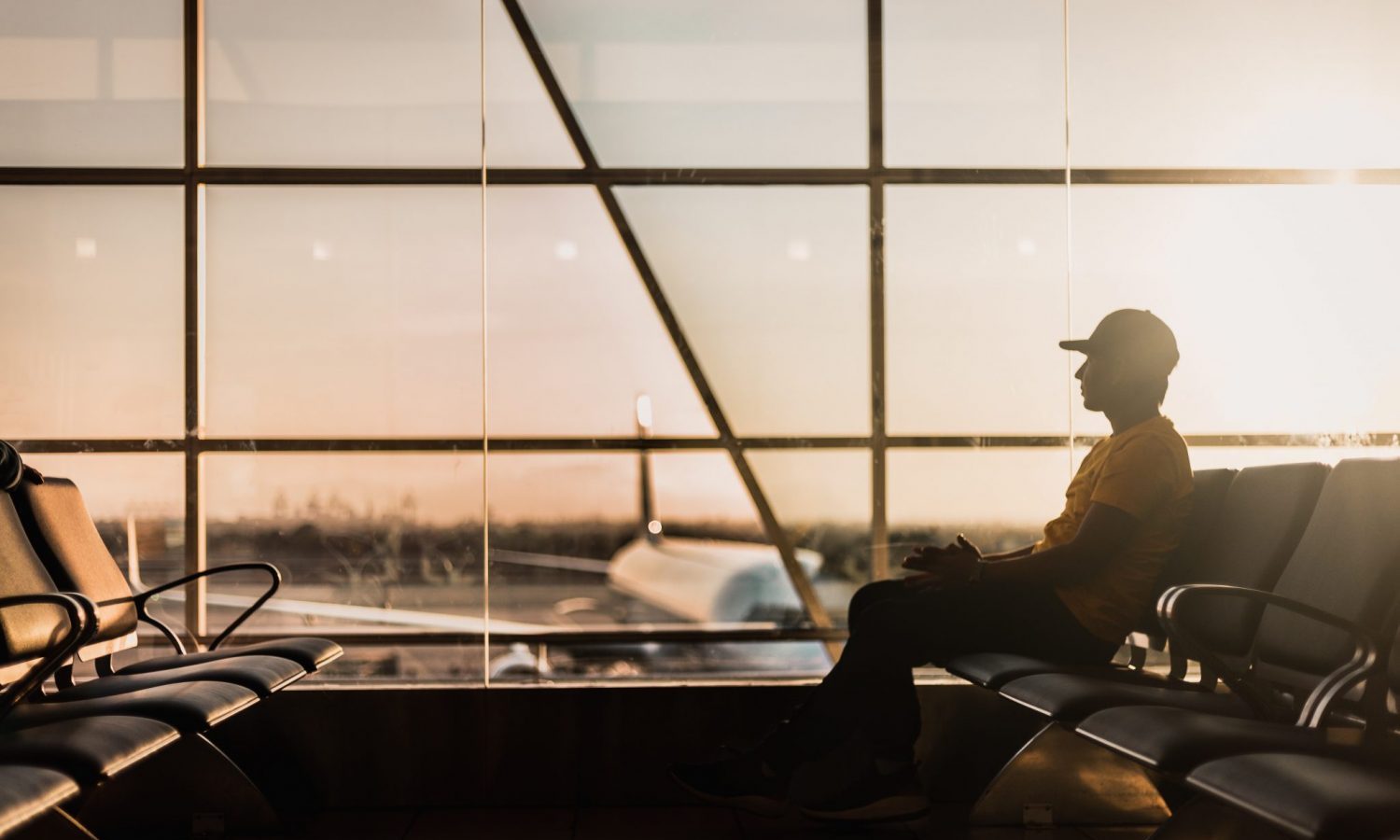There are many exciting changes expected now that marijuana is legal in New York. Here’s what that means for TSA.
New York is one of the latest states to legalize marijuana, pending issuance of adult-use cannabis licenses. This comes with a lot of exciting plans for the future, and some benefits that can be enjoyed right now. The way in which marijuana is handled in airports is one of them, with TSA agents no longer seizing under three ounces of marijuana.
Marijuana and airports have always been controversial topics. We’ve covered them extensively. And while you’re not fully out of the woods when having large amounts of marijuana on you in an airport, if what you have on you is less than three ounces, jail is no longer a part of the equation.
RELATED: Advocacy Coalition Urges Cuomo And NY State To Uphold Cannabis Law Promises

A spokesperson from Port Authority explained how the updated laws work. “New Yorkers 21 years old and older can possess, obtain and transport up to three ounces of cannabis,” he said, via Gothamist. “Therefore, PAPD does not issue tickets, seize or arrest for this amount at NY airports.” Higher amounts of marijuana are subject to arrests, so it’s very important to know how much you have on you.
RELATED: What Is The Timeline For Adult-Use Cannabis Sales In New York?
The legalization of marijuana in New York allows for several things, like possession of up to three ounces, and the ability to grow up to five pounds of cannabis at home. A deeper look at the law shows how much the industry could impact the economy in New York, with 40% of sales taxes revenue going to education, another 40% towards families impacted by marijuana criminalization, and 20% towards drug treatment and public education programs.
RELATED: New York Becomes 15th State To Legalize Recreational Cannabis
Marijuana legalization facilitates acquiring these goods in everyday places, which is awesome. Most importantly, these laws help protect people, preventing unwarranted arrests and generating large amounts of income for communities and people that have been hurt by the war on drugs.


